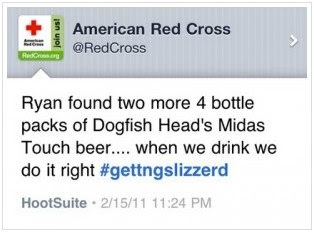You probably have liked a lot of stuff on Facebook using Facebook’s “Like” button. Well, here’s more. Facebook is on its way to adding a “Want” button. This will allow anyone to see what any member of his network wants to buy. This is the ultimate peek to someone’s virtual shopping wish list and this is a very good opportunity if you have an online business.
According to Mashable, Facebook is gearing up for a huge social commerce push. Tom Waddington, a web developer for the site Cut Out + Keep, has decided to take a deeper look into the code behind it. And the fact that the code contains references to “socialcommerce” is a sign that they are taking it seriously.
"Social Commerce" feature in Facebook's code
On the other hand, after being interviewed by Mashable, Facebook’s spoke person says “We’re always testing new platform features, but at the moment we have nothing new to announce”. So, if Facebook is really going to launch this “Want” button, company can make use of it as a medium to collect a lot of information about member interests, just as the “Like” button already does.
In addition, as Business Insider has reported, this move is driven by the notion to keep the advertisers or businesses interested. The move would also allow companies to have a greater integration with Facebook without having to build their own apps or platforms.
In developing this “Want” button, Facebook has been working with several famous brands such as Victoria’s Secreet, Pottery Barn, Wayfair and etc. In order to have a better picture of this new app of Facebook, Here’s a sample of how Facebook’s testing partner Pottery Barn is using the feature:
Example from Pottery Barn
Would you be interested in seeing a Want button on the site? What do you think of Facebook becoming more of platform for social commerce? Share your thoughts.
Cheers,Ivan


















